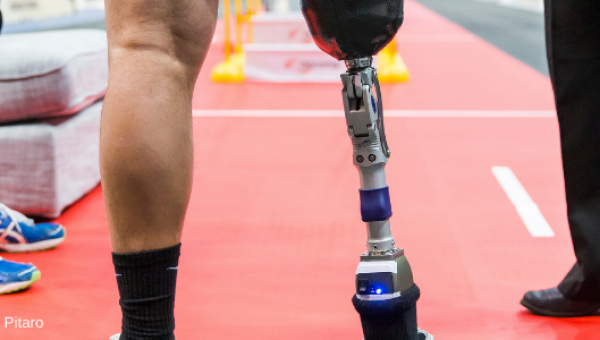Reading brain tumours in a drop of blood

A revolutionary non‑invasive blood test can detect and monitor brain tumours with remarkable precision.
Brain tumours such as glioblastomas are among the most difficult cancers to treat. According to figures from the University Hospital Zurich (USZ), around 2,000 people in Switzerland are diagnosed with a brain tumour every year, and approximately one third of these cases – roughly 670 patients – involve glioblastoma, the most aggressive form of the disease. Current diagnosis and monitoring depend on surgical biopsies and imaging methods such as MRI, which are invasive, costly, and sometimes insufficient for detecting subtle disease progression.
Simple blood tests identify tumours
The University of Zurich spin‑off ZuriEV is now changing the game by developing a blood‑based diagnostic platform built on the analysis of extracellular vesicles (EVs) – microscopic particles shed by all cell types into the bloodstream. These vesicles act as 'molecular messages' carrying DNA, RNA, and proteins that may indicate the presence of a tumour. By isolating EVs from blood and decoding them to detect any tumour‑specific molecular signatures, ZuriEV aims to determine whether the patient has cancer without the need for risky surgical procedures.
High accuracy achieved
Initial studies at the University Hospital Zurich (USZ) have shown that this approach can distinguish tumour patients from healthy individuals with an accuracy rate of over 90 per cent. Unlike conventional biopsies, the method can be repeated regularly, enabling close monitoring of how the tumour is evolving and responding to the given treatment.
In the next three to five years, we should know what potential these vesicles have.
A simple diagnostic kit
The aim is to apply the research findings to the development a mobile device that can efficiently isolate vesicles from the blood. This would make it possible to use the method not only for brain tumours, but also other types of cancer and diseases. According to the World Health Organization, over 130 million early cancer screenings are needed worldwide each year.
As a first step, the roadmap foresees launching the first in vitro diagnostic‑certified kit in 2028 and scaling up to over 500,000 tests annually by 2031, using a combination of centralised laboratories and distributed diagnostic kits.




